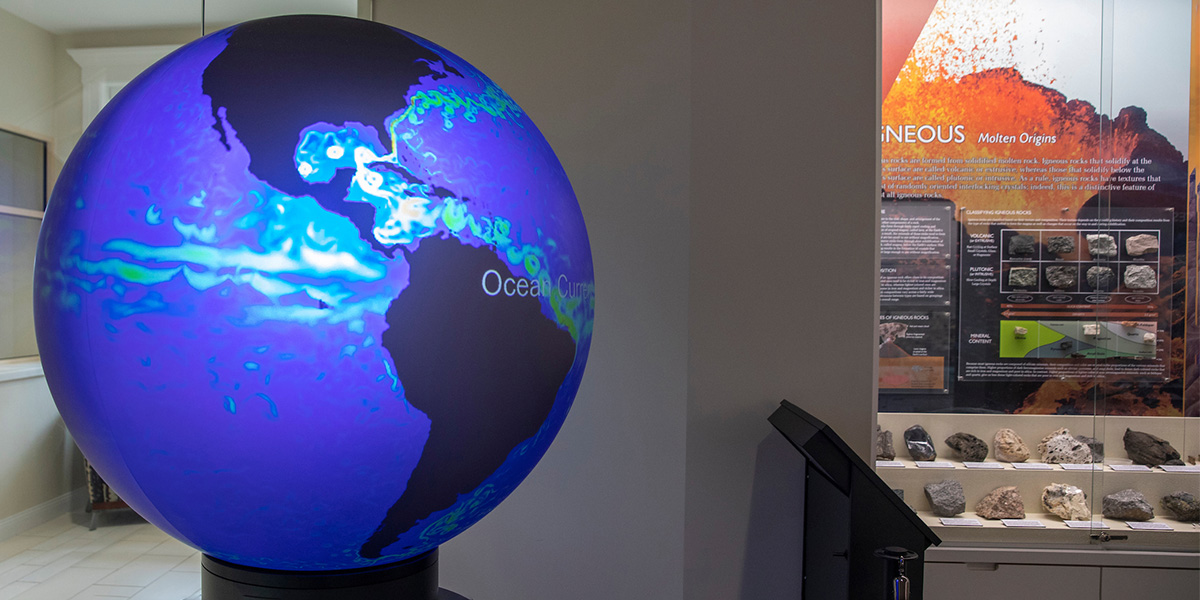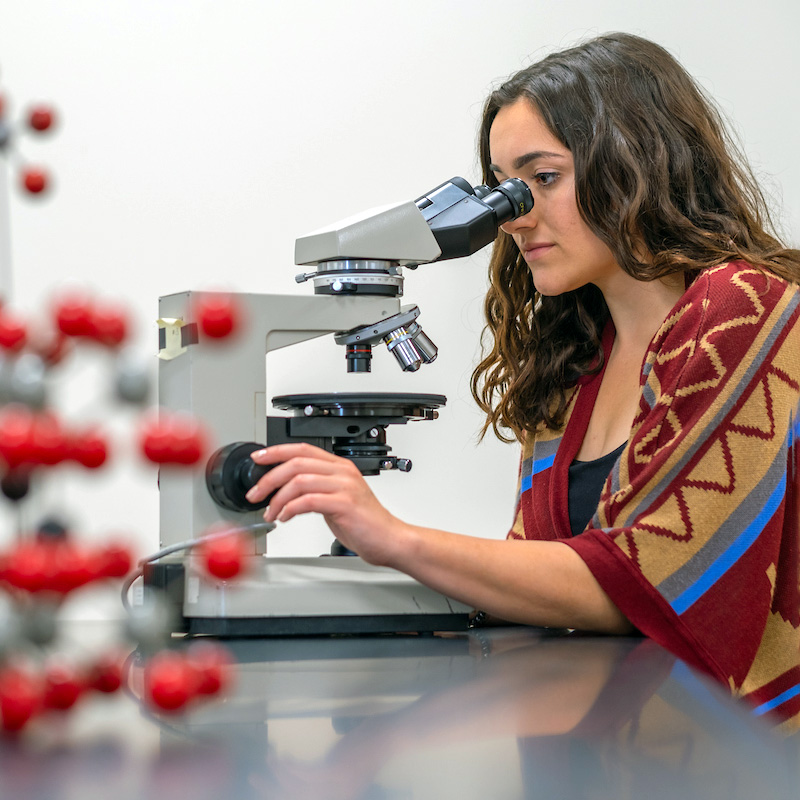M.A. program
The Master of Arts degree is a non-thesis program requiring 30 credit hours of coursework, at least 15 hours of which must be in geology and at least 12 of those hours at the 600 level or above. Students may select up to 15 credit hours of coursework in cognate disciplines, with the approval of their committee. Students must pass an oral examination prior to receipt of the degree. Of the courses in geology at least 4 must be taken from different faculty.
Student Learning Outcomes
- Students will describe the major theories and research methods, including the sources they are based on, within several areas of the geosciences and related fields.
- Students will demonstrate proficiency with the use of tools, technologies and methods common to the geosciences and with the application of the scientific method to geoscience problem solving.
- Students will demonstrate ability to communicate effectively through written and verbal means within several areas of the geosciences and related fields as well as a broader audience.

